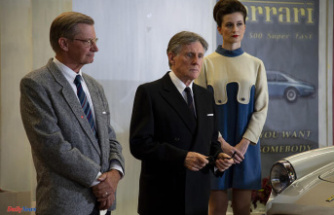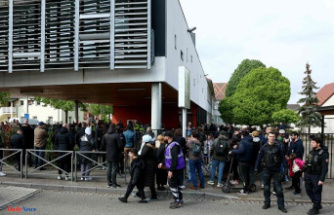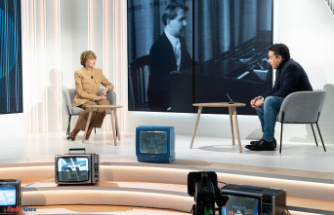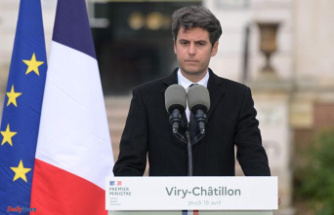It’s been a busy few weeks in celebrity baby news.
Beyoncé nearly broke the Internet with a bold set of pregnancy photos announcing that she and Jay Z are expecting twins. CBS reported that George and Amal Clooney also have twins on the way. And perhaps most notably, Janet Jackson gave birth to her first child at age 50.
Although it’s of course none of our business — celebrity couples are as entitled to their privacy as the rest of us — curiously absent from these birth and pregnancy announcement is any acknowledgement of the role that fertility treatment may play in helping these families come to be. And that’s a shame according to the people who work in the fertility business and confront the stigma and stress associated with the quest to conceive.
Erica Berman, a Toronto family therapist and fertility counsellor, says these recent celeb pregnancy announcements signal a strong possibility of assistance from reproductive technology.
“Absolutely. Twins occurring spontaneously is rare,” says Berman. Though the chance of natural conception with twins does increase slightly as women age and ovaries can start to “malfunction” by releasing two eggs instead of one, she explains — but that represents only a minority of multiples.
“The likelihood of someone Janet Jackson’s age conceiving without treatment is almost nil. In fact, it is very doubtful she used her own eggs. It gives a lot of people false hope about what is possible,” says Berman.
Mary Wong, a traditional Chinese medical practitioner in Toronto and author of a new book called Pathways to Pregnancy: Personal Stories and Practical Advice for Your Fertility Journey, agrees.
“Amal is 39 years old. As women age, the probability of getting pregnant decreases every month and there is a sharper decline after the age of 35,” Wong explains. In fact, by fertility clinic standards, Wong says Amal is considered reproductively “geriatric” — an awful term if there ever was one. And let’s not forget about the less talked about male-factor infertility. “George is 55, which can also increase chances of miscarriage,” adds Wong.
Sadly, there’s still so much stigma around infertility that a lot of people keep it a secret, whether they’re celebrities or not, says Berman. But it would do the average fertility patient a world of good if celebrity couples would share their struggles.
“It would be tremendously helpful for them to see that infertility and having Jestbahis to use fertility treatments and donor eggs or sperm are situations anyone can face, regardless of wealth, beauty or fame,” she says.
Wong points out that Beyoncé has admitted fertility challenges in the past. The pop superstar shared about a miscarriage she experienced prior to successfully carrying her daughter Blue Ivy to term in 2012. But more dialogue would do wonders for drawing attention to the fact that one in six will experience infertility issues in their lifetime, says Wong.
“Even though it's a hell of a lonely process, hearing celebs’ stories makes you feel less alone, less shameful when you are experiencing infertility,” she says.
In a rare move for a celebrity, model Chrissy Teigen received a lot of positive feedback when she opened up about going through the IVF process with her husband, singer John Legend. Teigen gave birth to their daughter, Luna, in April 2016, and Legend has said in interviews the pair will continue to use IVF until they have three or four children.
New York social psychologist Susan Newman, who writes extensively on older mothers and is the author of The Case for the Only Child: Your Essential Guide, points out that hearing more about baby-making from high-profile parents would also help educate women about their options.
“Let’s say for example a celebrity froze her eggs in her late 20s or early 30s. Women — who because they go back to school or have career objectives or care for an aging or ill relative — might never have thought or known about that option unless a celebrity made her experience public.”
Still, the cost of forthrightness on fertility may be particularly high for celebrity moms. The entertainment business fetishizes youth and can be particularly hard on women as they get a little older.
“There is shame around aging for women since we are still judged so harshly for our appearances,” says Berman. “In addition, women often get shamed for putting off motherhood until later and accused of putting their careers ahead of family. In my experience it is usually the inability to find a suitable partner that is responsible for the delay.”
Brandie Weikle is a parenting expert and the host of The New Family Podcast and editor of thenewfamily.com.
The Toronto Star and thestar.com, each property of Toronto Star Newspapers Limited, One Yonge Street, 4th Floor, Toronto, ON, M5E 1E6. You can unsubscribe at any time. Please contact us or see our privacy policy for more information.
Our editors found this article on this site using Google and regenerated it for our readers.












